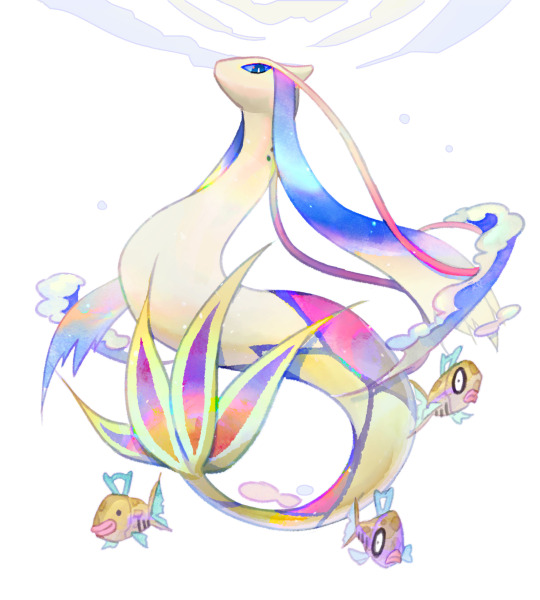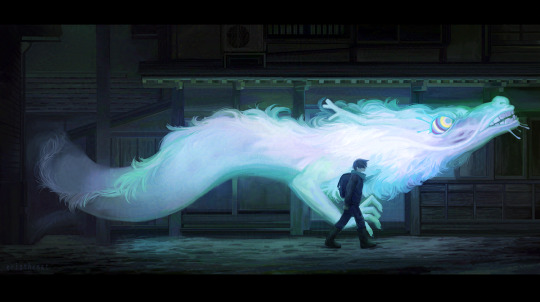Jae's writing side blog where I ramble about my characters and story ideas. Currently obsessed with Pokémon, Star wars and d&d.
Last active 2 hours ago
Don't wanna be here? Send us removal request.
Text






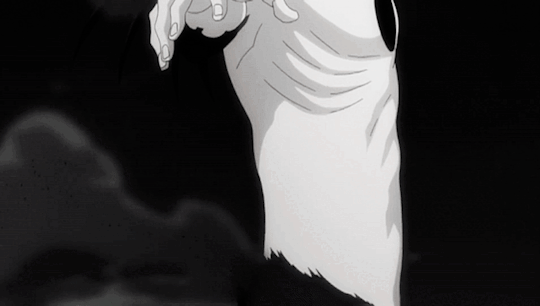



"just when I was finally beginning to become a bit interested in you people."
541 notes
·
View notes
Text

Everyone wish Zygarde a happy year of the snake for 2025
6K notes
·
View notes
Text
god dammit, just battled an ancient evil too powerful to defeat alongside my heroic allies and now they're all talking about "locking it away" and "binding it in a vessel" we are soooooo fucked
21K notes
·
View notes
Text
god dammit, just battled an ancient evil too powerful to defeat alongside my heroic allies and now they're all talking about "locking it away" and "binding it in a vessel" we are soooooo fucked
21K notes
·
View notes
Text

Absolute Wonder Woman by Sean Murphy
160 notes
·
View notes
Text

When you both have that sorceress raised in hell with a cool sword, cool arm and a cool fit swag!!
184 notes
·
View notes
Text



This first issue had many high points, but baby Diana bonding with demons in hell... I was not ready for Absolute Cuteness
From Absolute Wonder Woman #1 (2024) by Kelly Thompson & Hayden Sherman
875 notes
·
View notes
Text

Roz dress 🌹🌷🤖🌷🌹 I still wanted to treat her with the cottagecore mom vibes hhhh it's stuck in my head, she's so deserved! ♥️
Art Tag | Ko-fi | Artstation | Deviantart | Twitter | Youtube
5K notes
·
View notes
Photo
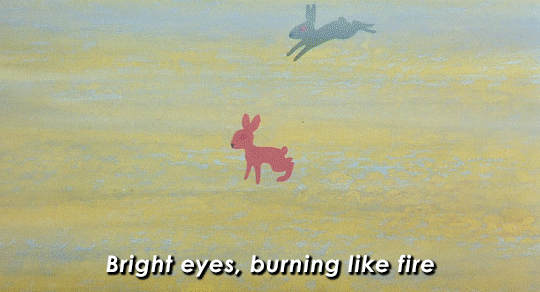

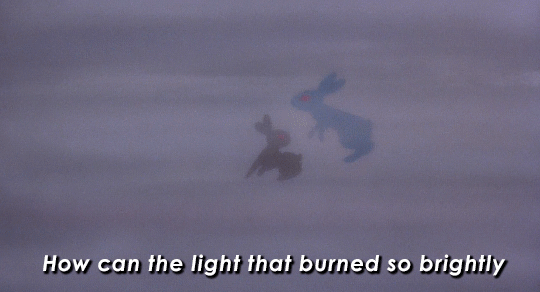
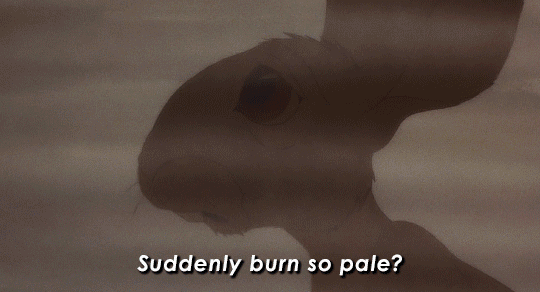

Watership Down (1978) dir. Martin Rosen
2K notes
·
View notes







